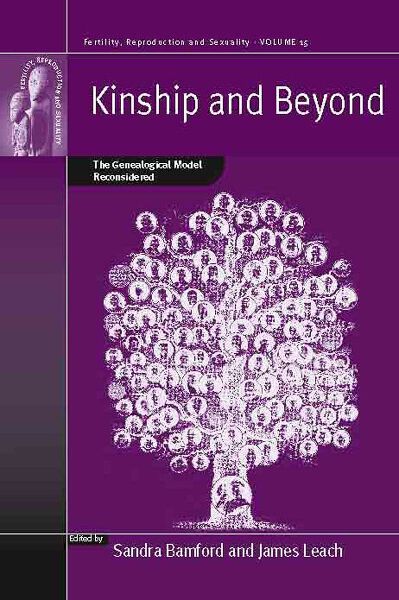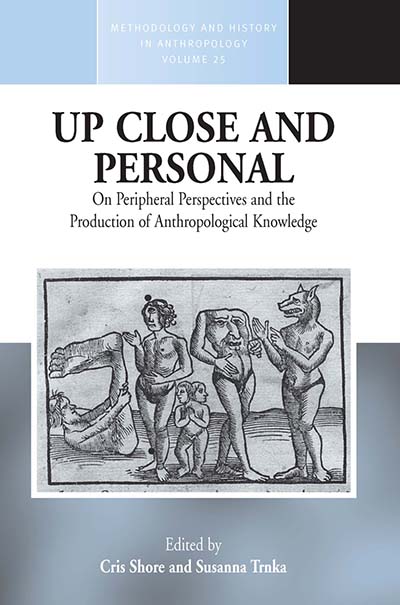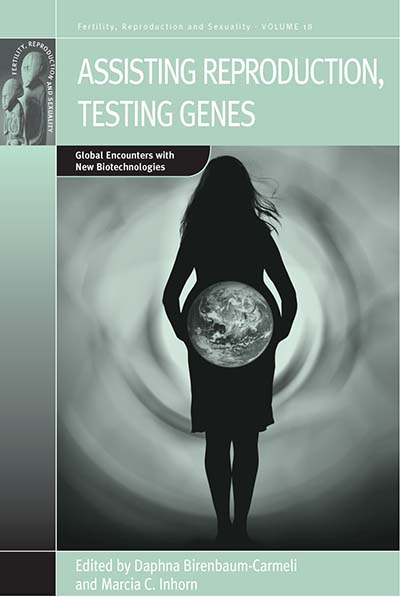
Series
Volume 15
Fertility, Reproduction and Sexuality: Social and Cultural Perspectives
See Related
Anthropology JournalsEmail Newsletters
Sign up for our email newsletters to get customized updates on new Berghahn publications.
Kinship and Beyond
The Genealogical Model Reconsidered
Edited by Sandra Bamford and James Leach
300 pages, 21 illus., bibliog., index
ISBN 978-1-84545-422-7 $135.00/£104.00 / Hb / Published (March 2009)
ISBN 978-0-85745-639-7 $34.95/£27.95 / Pb / Published (March 2012)
eISBN 978-1-80758-728-4 eBook
Reviews
“This collection of ten essays is the latest major work to call for renewed attention to the topic [of kinship], especially with respect to contemporary questions of how cultures relate to nature…[It] is a welcome addition to the ongoing revival of kinship, and will stimulate further debate among its many participants.” • Ethnobiology Letters
Description
The genealogical model has a long-standing history in Western thought. The contributors to this volume consider the ways in which assumptions about the genealogical model—in particular, ideas concerning sequence, essence, and transmission—structure other modes of practice and knowledge-making in domains well beyond what is normally labeled “kinship.” The detailed ethnographic work and analysis included in this text explores how these assumptions have been built into our understandings of race, personhood, ethnicity, property relations, and the relationship between human beings and non-human species. The authors explore the influences of the genealogical model of kinship in wider social theory and examine anthropology’s ability to provide a unique framework capable of bridging the “social” and “natural” sciences. In doing so, this volume brings fresh new perspectives to bear on contemporary theories concerning biotechnology and its effect upon social life.
Sandra Bamford is an Associate Professor at the University of Toronto. Her research focuses on Papua New Guinea and the West, with an emphasis on kinship, gender, landscape, environmentalism, globalization, and biotechnology. In addition to having authored several journal articles and book chapters, her most recent publications include: Biology Unmoored: Melanesian Reflections on Life and Biotechnology (University of California Press, 2006) and Embodying Modernity and Postmodernity: Ritual, Praxis and Social Change in Melanesia (Carolina Academic Press, 2007).
James Leach is Professor of Anthropology at the University of Aberdeen. Published works include Creative Land: Place and Procreation on the Rai Coast of Papua New Guinea (2003), Reite Plants: An Ethnobotanical Study in Tok Pisin and English (2010, with Porer Nombo), and Recognising and Translating Knowledge, 2012 Anthropological Forum Special Issue, ed with R. Davis).




